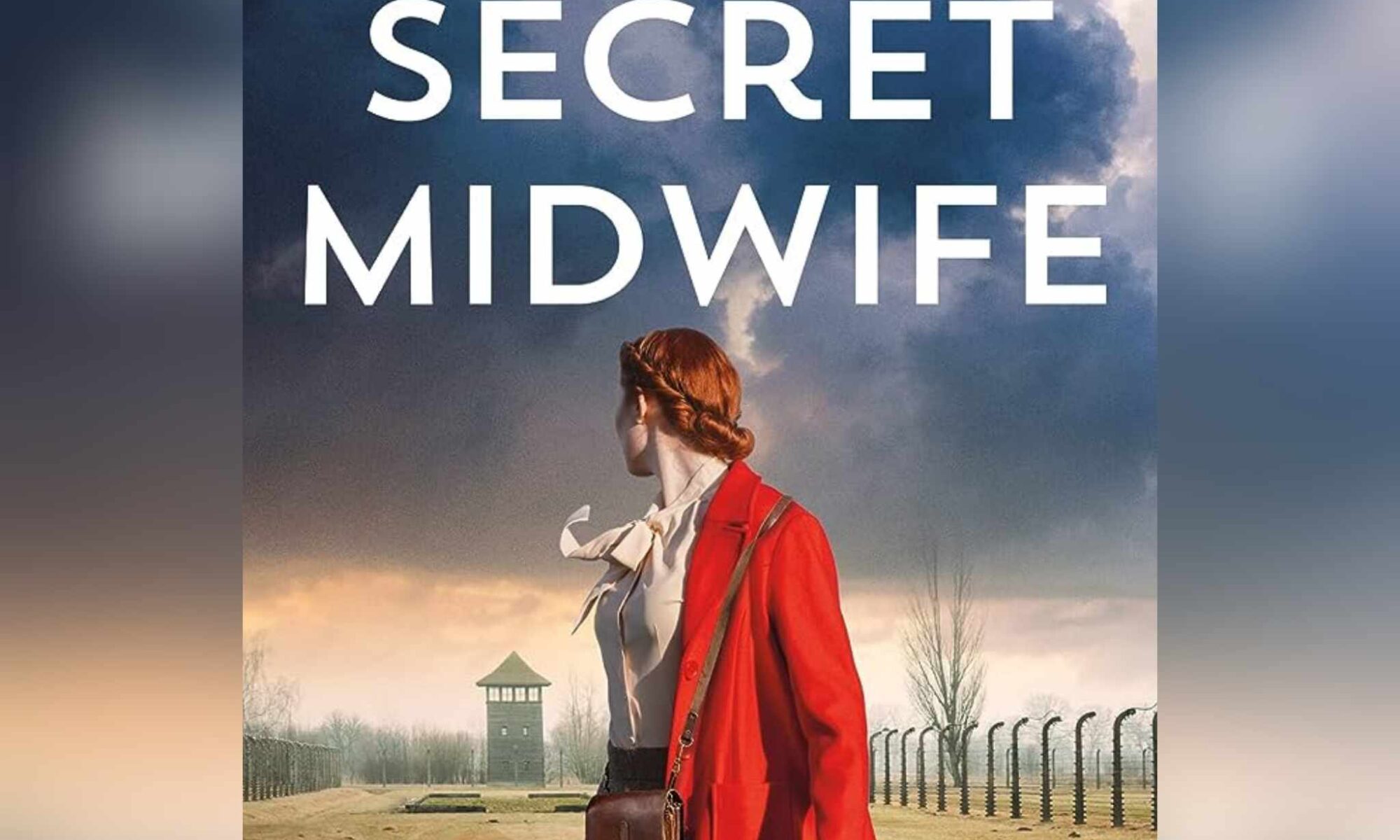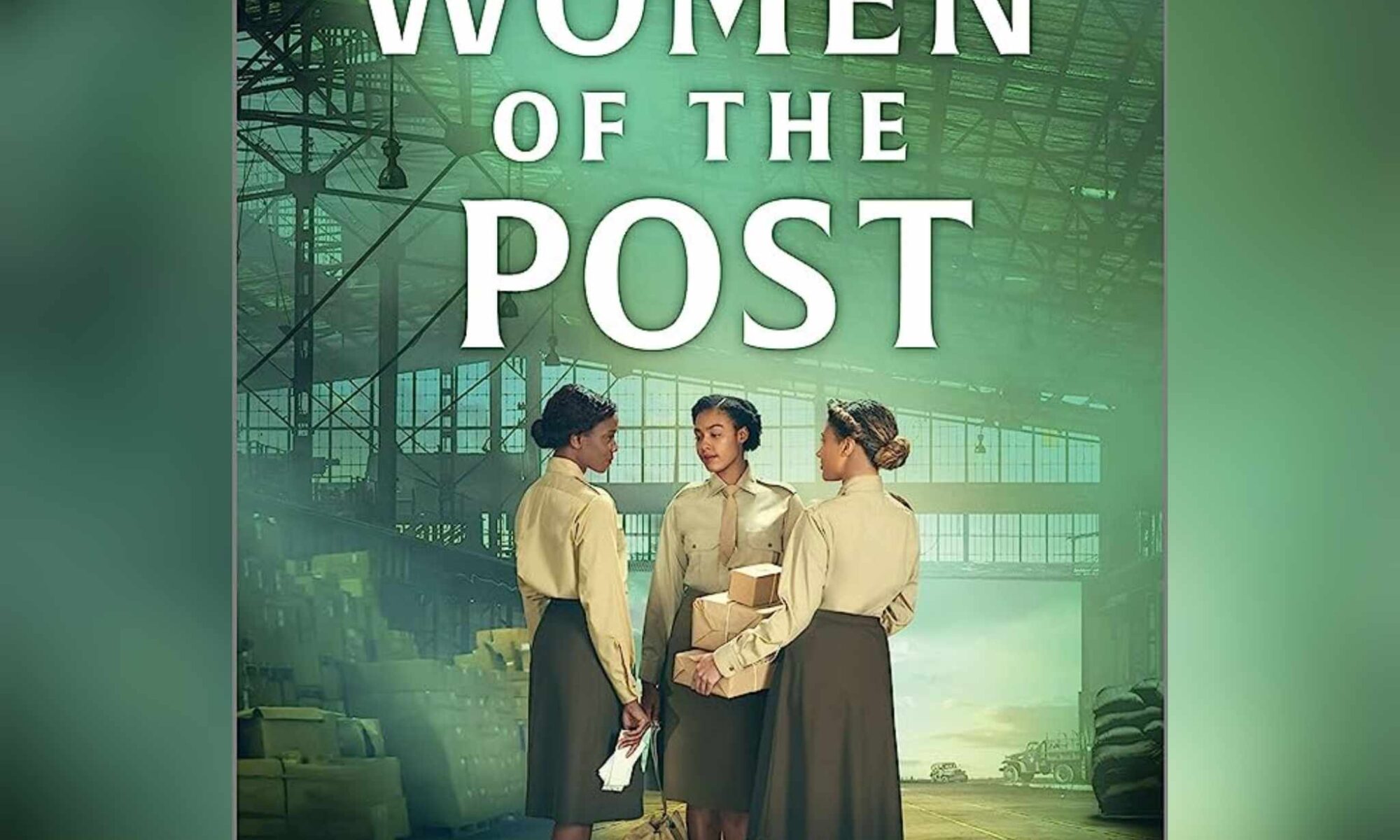Soraya Lane Goes *There*. Particularly in the current era of American politics, with “both” sides (rightfully, in certain aspects) comparing each other to the Third Reich, I don’t think you’re going to find an American author with the balls to take a high ranking Nazi official’s family – in Joseph Goebbel’s inner circle, no less! – and make them a sympathetic and even heroic unit.
Enter New Zealander Soraya M. Lane.
Lane, whose last WWII historical novel – The Secret Midwife – tackled the horrors of Auschwitz directly, now takes an entirely different tack and places us in the political intrigue of 1944 Berlin, when the only Jews left in the city were in hiding and SS officials – along with their Fuhrer – were becoming ever more suspicious of everyone. When the White Rose was openly defying the Reich and Sophie Scholl and others paid the ultimate price for this defiance – an event that is discussed among our characters here. When other resisters inside Germany were actively looking for – and ultimately attempting an ill-fated attempt at – a way to assassinate the very Fuhrer in question and attempt to restore some degree of sanity to their government. An event that plays directly into the story here.
The story here, with the real world knowledge of what was going on and what was to come, is so tense you would need a space laser to cut through it – and Lane manages to ratchet the tension up so high that you’re going to be afraid of giving yourself a heart attack reading this tale.
Yet ultimately this *is* a tale of hope and survival. That even in the darkest, most desperate times, when survival for anyone is in doubt and the smallest misstep could get you and everyone you know or who knows of you at all killed, there are still those willing to take those risks to do what is right. That no matter how evil a group may be, this does not mean that every single member of that group is equally evil. That no matter how vile you think someone is because of some aspect you’ve been taught to believe about what you think they believe, there are still those within that out group that are truly *noble* and truly trying to do the right thing, even in the most difficult of circumstances.
Indeed, with all of the fighting in America today noted at the top of this review, this may be one of the more interesting and essential fictional tales for Americans to read leading into the 2024 Presidential election that will be in a period of less activity when this book releases in mid May.
Truly one of Lane’s strongest works to date, and very much recommended.
This review of The Berlin Sisters by Soraya M. Lane was originally written on March 9, 2024.


